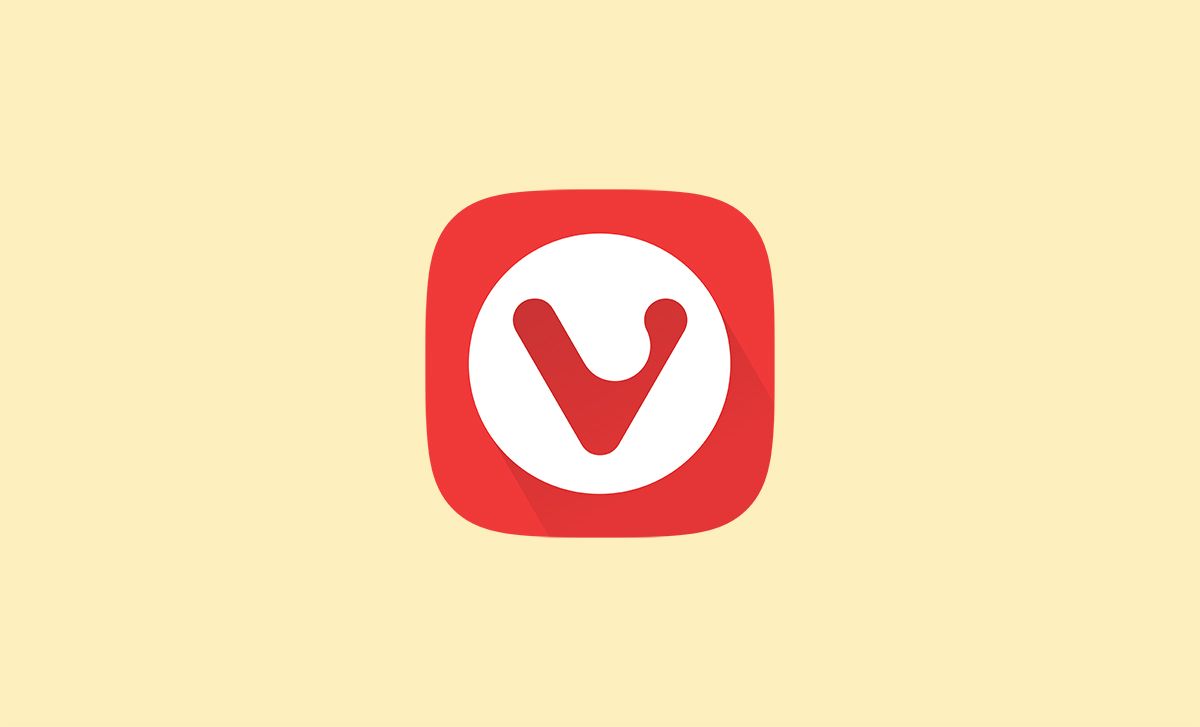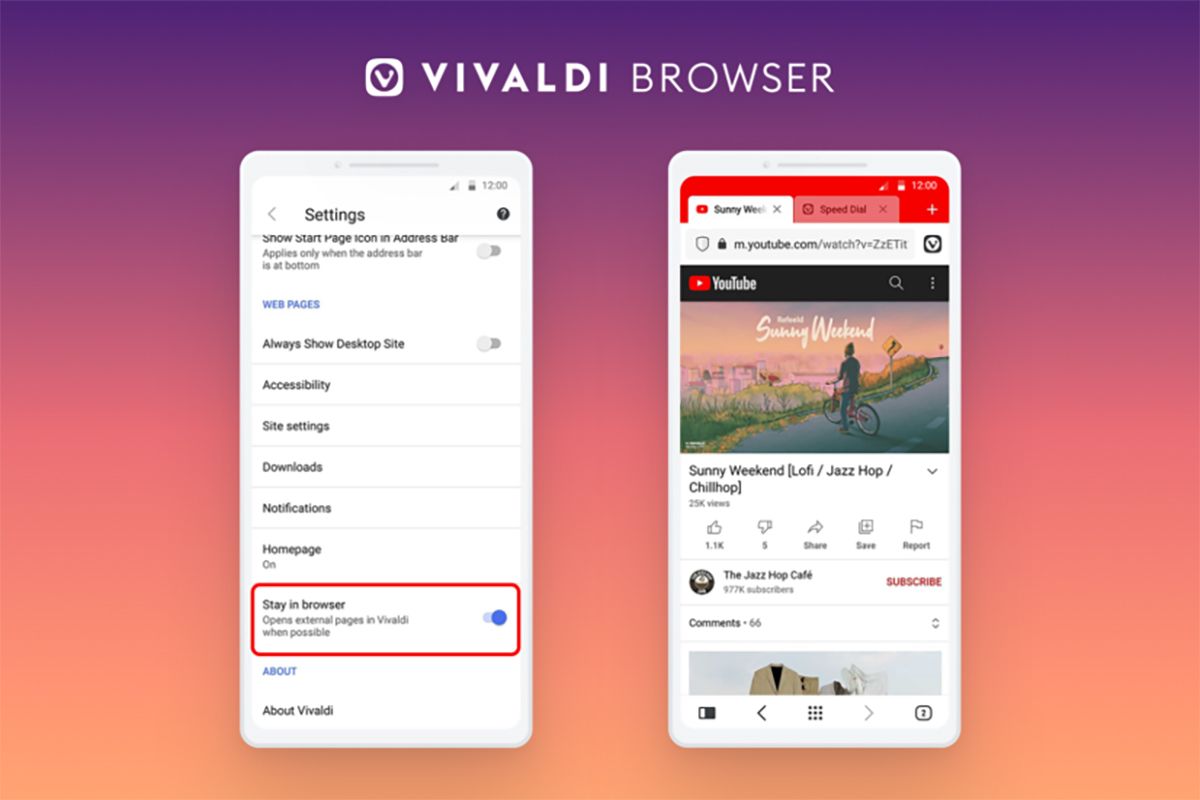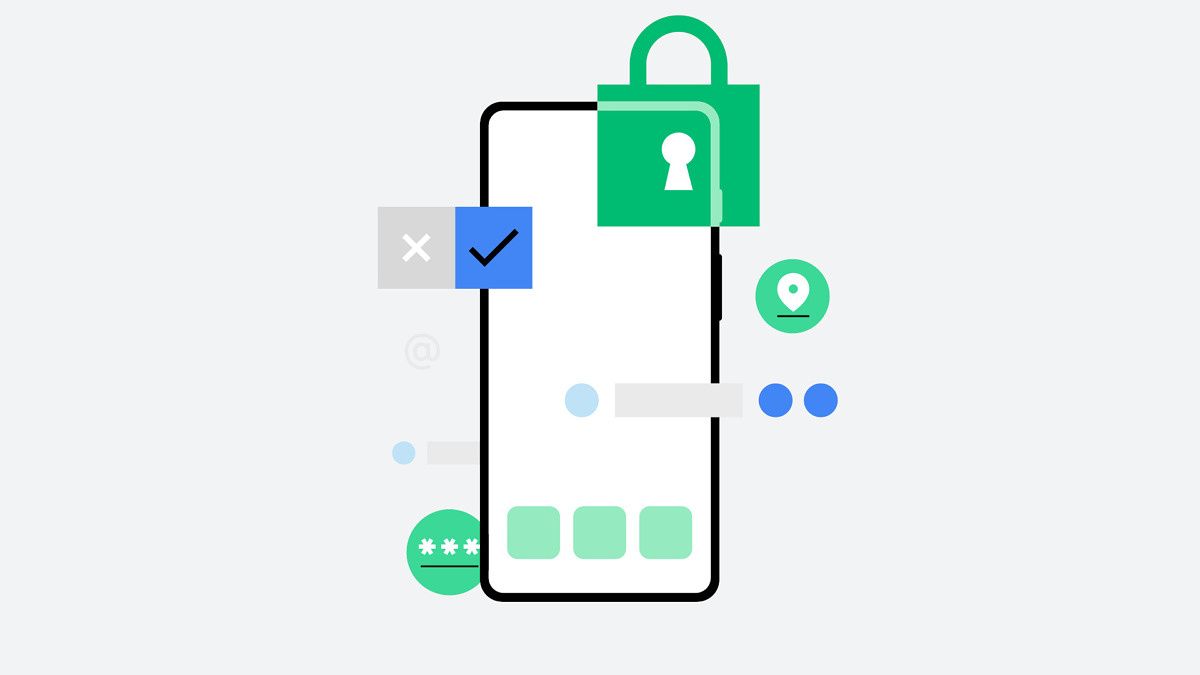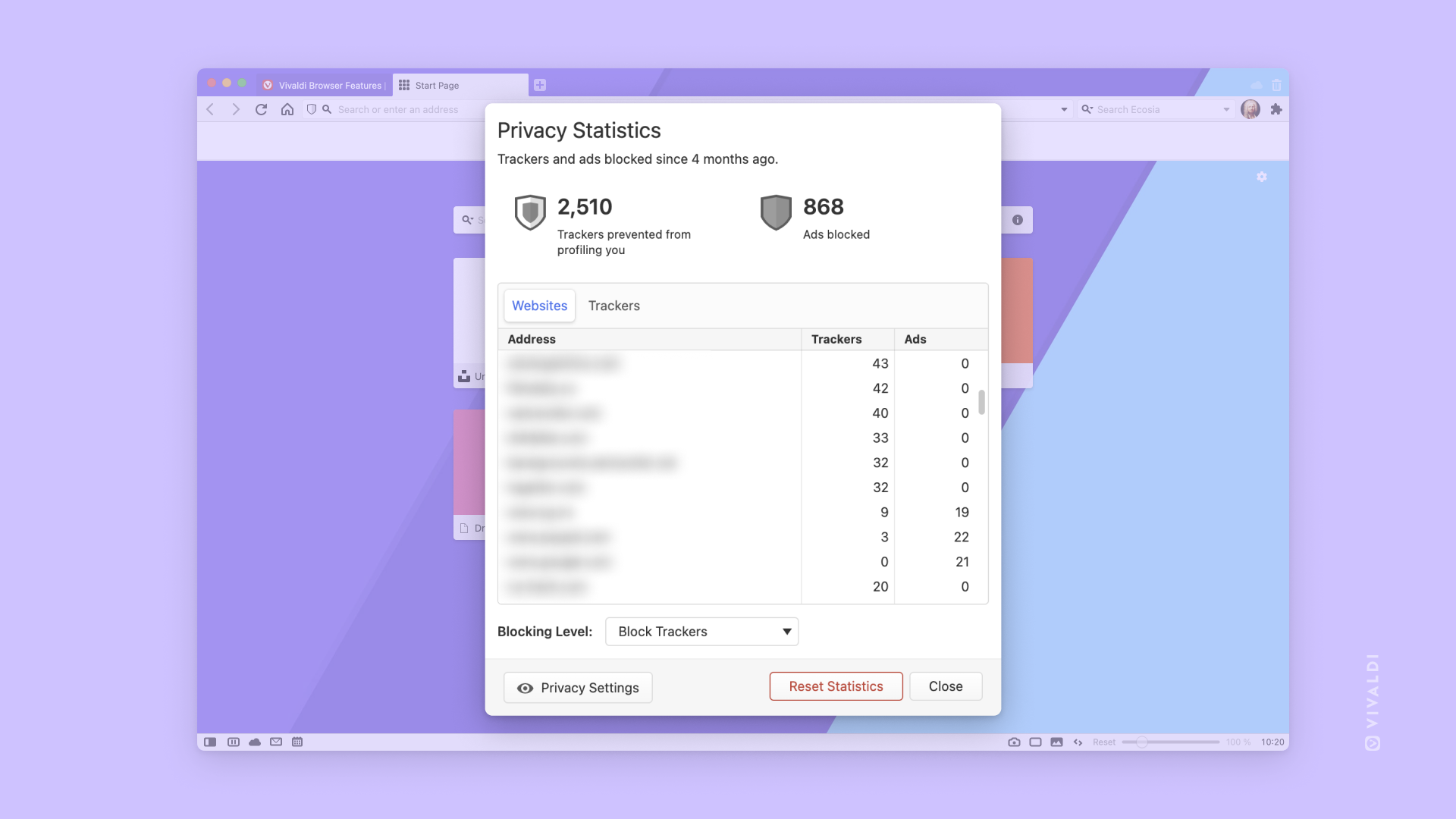Smartphones are everywhere, and they give us so much access. We can find information instantly, purchase products online for arrival mere hours later, and communicate over countless messaging services. It's a double-edged sword, though, and being able to do all of that online means that advertisers can learn your habits and track you.
That's where Vivaldi comes in. It's a browser with a short but storied history. It was founded by former Opera CEO and co-founder Jon Stephenson von Tetzchner and Tatsuki Tomita and launched in 2016 as a way to cater to technically-inclined users and those who may not have been fans of the switch from the Presto engine to Chromium in Operas. While Vivaldi also uses Chromium, heavy modifications are made to the browser. It features a lot of ways to customize your experience and, more importantly, a way to keep your browsing more private.
As you can imagine, Tetzchner has a lot of thoughts on the state of the internet in 2023, especially when it comes to advertising. XDA spoke with him at this year's Mobile World Congress, and it's clear to him that advertisers "stole the internet from us."
Competing with Big Tech as a small player
A big sticking point for Tetzchner is competing against the rest of Big Tech in an increasingly hostile space. He says that companies like Google and Microsoft "see small companies, and they see them as a threat," and that Vivaldi is in a "small group of people that is actually competing with these guys." He takes this as a sign the company must be doing something right if others "see us and want to give us a hard time.”
Tetzchner told me how sites from Google and Microsoft had soft-blocked the Vivaldi browser, along with Opera, back in the day. "You would connect to something like Google Docs with Vivaldi, and it would tell you to switch browsers." He also mentioned how simply changing some of the text of the user agent would instantly lead to the website working again and that it was clear that Vivaldi was seen as a threat.
For what it's worth, it seems likely that part of the issue companies like Google may have is that Vivaldi blocks a lot of tracking and gets around advertisements in novel ways. For example, Tetzchner said Vivaldi recently added the option on mobile to have tabs play audio in the background, and he noted specifically that it works on YouTube too. That's typically a YouTube Premium feature, but with Vivaldi, you don't need to pay for it. It's up to you whether that's an ethical violation, but companies will understandably take issue with that and attempt to protect their revenue sources, and sometimes that may be through unfair means.
Android's Privacy Sandbox changes nothing
For the unfamiliar, Android's Privacy Sandbox can track users by creating an offline profile on them and show relevant advertisements based on that. It's a multi-year initiative to introduce more private advertising solutions to end-users and is made possible thanks to the Topics API and FLEDGE. Its goal is to prioritize user privacy by default but still maintain the mobile ecosystem dependent on advertising to support free and ad-supported apps. This is an exclusive-to-Android solution that uses a standalone SDK, separate from the rest of the application code, with the aim of eventually replacing Ad ID. However, Tetzchner doesn't see a difference between standard tracking and companies using the Topics API.
“For us, how you technically do the tracking, you can say it’s a little bit better to do it client-side than server-side, but for me, the idea that your browser is building a profile on you…. No, no, no, that’s wrong. That’s just wrong," he tells me.
It's not quite where the data goes that seems to bother him the most, but what that data can be used to achieve. He mentions how this data can be used to influence how people vote, à la Cambridge Analytica. Whether that data is on your device or not is irrelevant; political advertisements will still appear regardless.
"They stole the internet from us", he says of advertisers. “The internet is supposed to be open and free, and you shouldn’t be afraid of being monitored. The idea that you are collecting data to provide ads… I can understand having access to a lot of data to provide a service, but that’s not the same as profiling your users."
As someone who has worked on the internet since 1992, Tetzchner is deeply disheartened with the state of it. In fact, he believes the current state of advertising is less profitable for sites now than it was before widespread tracking was in place.
He mentions "normal ads," which you may see in a magazine or on TV, were the standard for about a decade, even on the internet. "A lot of sites were more profitable, and people were less worried about having to block ads. The ads were normal, it was kind of like what you were seeing if you were going and reading a magazine. There were ads, but they weren’t following you."
"They stole the internet from us... The internet is supposed to be open and free, and you shouldn’t be afraid of being monitored."
Advertisers don't want to place poor-quality advertisements on poor-quality sites, meaning that sites nowadays struggle. Payments are diluted between bigger sites and sites that algorithms try to judge as having good-quality content.
He points out that paywalls have become commonplace across the internet when that wasn't the case 15 years ago. "How is it then that we needed the change that actually created that situation?" he asks. He argues that advertisements are less profitable as a whole thanks to widespread tracking. Advertisers previously paid more because they knew exactly where their advertisements were going. Now with algorithms and Google Ads, not everything is high quality, even if those algorithms try to scan pages for quality content.
The Vivaldi browser is the antithesis of what the internet is today. Tetzchner promotes the fediverse and Mastodon, in particular, as a way to escape the continued commercialization and tracking of the wider internet. Vivaldi blocks trackers while adding features that the likes of Google Chrome and Edge don't have, and you can download it on MacOS, Windows, Android, and soon, iOS.




